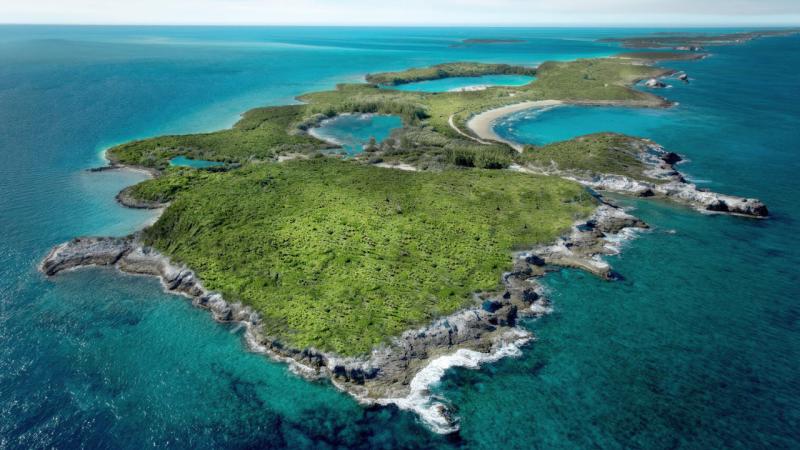While food and beverage (F&B) and wellness go hand-in-hand with luxury hospitality, operators need to execute concepts that meet the evolving expectations of luxury travellers.
Holistic wellness is playing a bigger role in driving the destination choices of ultra-luxury travellers, says Gonzalo Etienne Aguilar, CEO of Minor Hotels, Europe & Americas. The group has 560 hotels globally with luxury brands including Anantara and Tivoli, the latter of which recently saw the addition of the Tivoli Kopke Porto Gaia Hotel in Portugal. The group also launched Layan Life by Anantara wellness retreat in Phuket, Thailand, last year. “Both F&B and wellness are at the core of luxury travel,” he adds.
Meeting the demands of the ultra-luxury traveller
However, a hotel operator is not necessarily specialised enough to meet these expectations anymore, suggests Ömer Kemal İsvan, president of hotel consultancy Servotel, which has advised on projects including the Bvlgari Resort & Mansions Cave Cay in the Bahamas.
“Hotel companies have realised that actually, they don’t know how to do F&B, and that was a good evolution. And therefore specialists, implants, collaborations and licensing agreements started to seep into luxury in a symbiotic manner, and that’s a good thing for the consumer,” he says, adding that wellness may be going the same way.

“An ordinary spa is not going to cut the deal anymore,” he says. “It’s sometimes good enough to provide the infrastructure for them to continue their regime whether it’s nutrition, exercise... rather than claim to do anything more than that, because then they see right through you.”
He adds: “If you want to deliver true wellness, unfortunately it’s going way beyond spa now into longevity, and it’s a bit more scientific and specialised.”
Aligning expectations
Meeting expectations in the luxury segment starts with investment and stakeholders being aligned, and Aguilar concedes that “not everyone is probably meant to play in that luxury space”.
“Sometimes you have investors that are looking to build an incredible hotel in a market where you’re never going to get the rates to get a decent return,” he says. “It also depends on the destination and what those market conditions are.”
İsvan agrees: “Some investors’ vision is a mismatch; they think this should be ultra-luxury where either the micro asset or the macro location doesn’t justify it.”
Conversely, investors may have the vision for a luxury property but what they are prepared to invest to create it may need a reality check.
Shifting definitions
The definition and ideas of luxury are also ever-changing. İsvan says it is “an ongoing exercise, it’s a dynamic definition, because the consumer defines it”. He suggests it has become more experiential than physical – although “to deliver certain experiences, there are certain implications on the physical as well”.
Space, he suggests, is an important element, as well as exclusivity and uniqueness. “Real luxury is not going to happen with cut and paste... it needs to be a curating exercise each time,” he says. “No super luxury brand has 700 hotels.”
Lorenzo Felici, head of global hospitality at consultancy Artelia, says that luxury is “everything you cannot do with artificial intelligence”, such as personalisation, detail and craft. He argues that there is an ESG element to luxury hospitality, in that it protects and sustains artisans and craftsmanship.
Sustainable luxury
The future of sustainability looks green, he says: “The mindset around sustainability and the questions around energy are key today to bring this luxury asset into this century.”
Although, while the next generation of luxury customers “may compromise certain things in favour of the environment”, says İsvan, at least for the next six to seven years, he says that “we have to be very careful that it is a background effort”.
All those quoted in this article appeared on stage at IHIF EMEA, held in Berlin, Germany, between 31 March – 2 April 2025, in a session called: The luxury equation: Aligning concepts with evolving guest expectations.